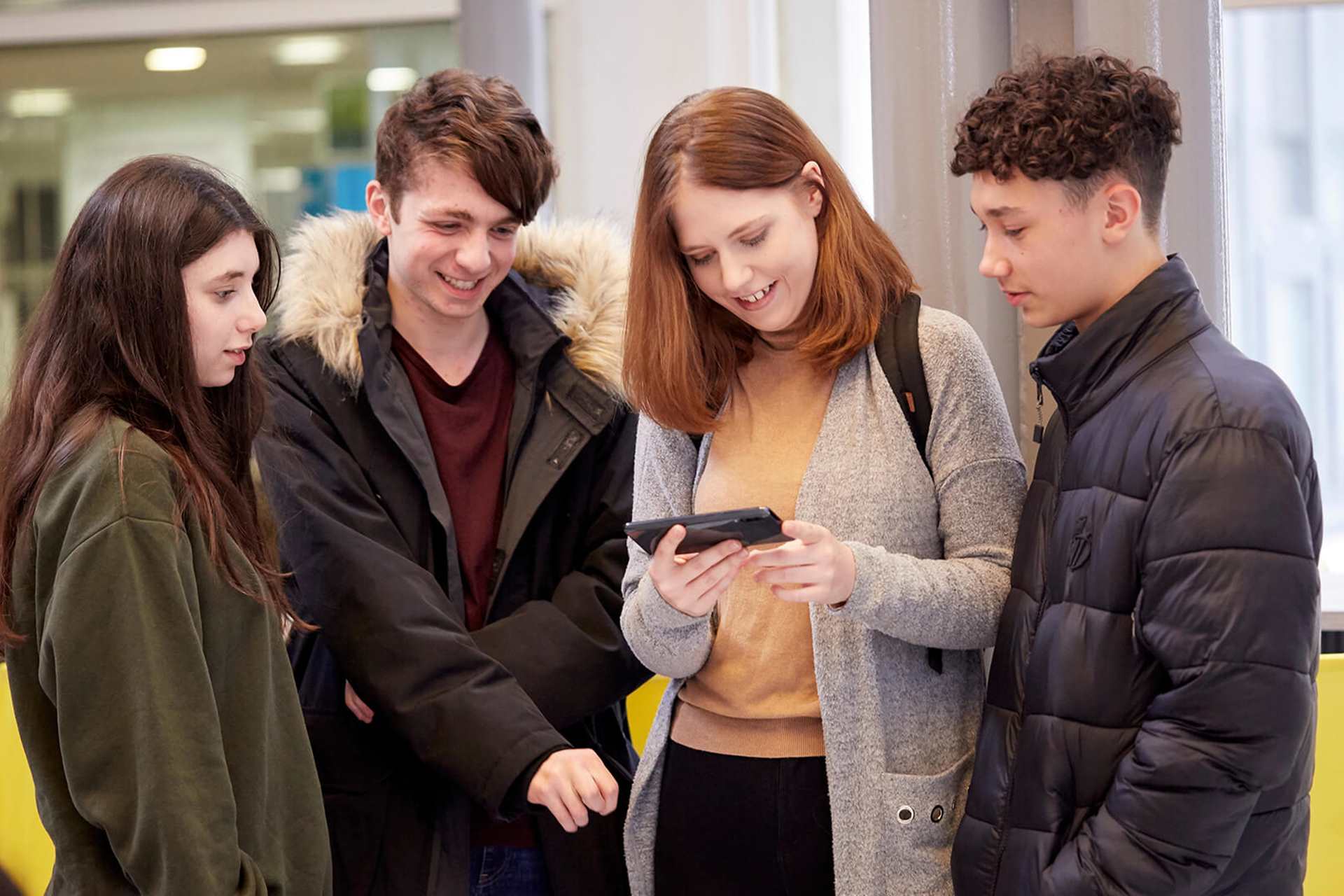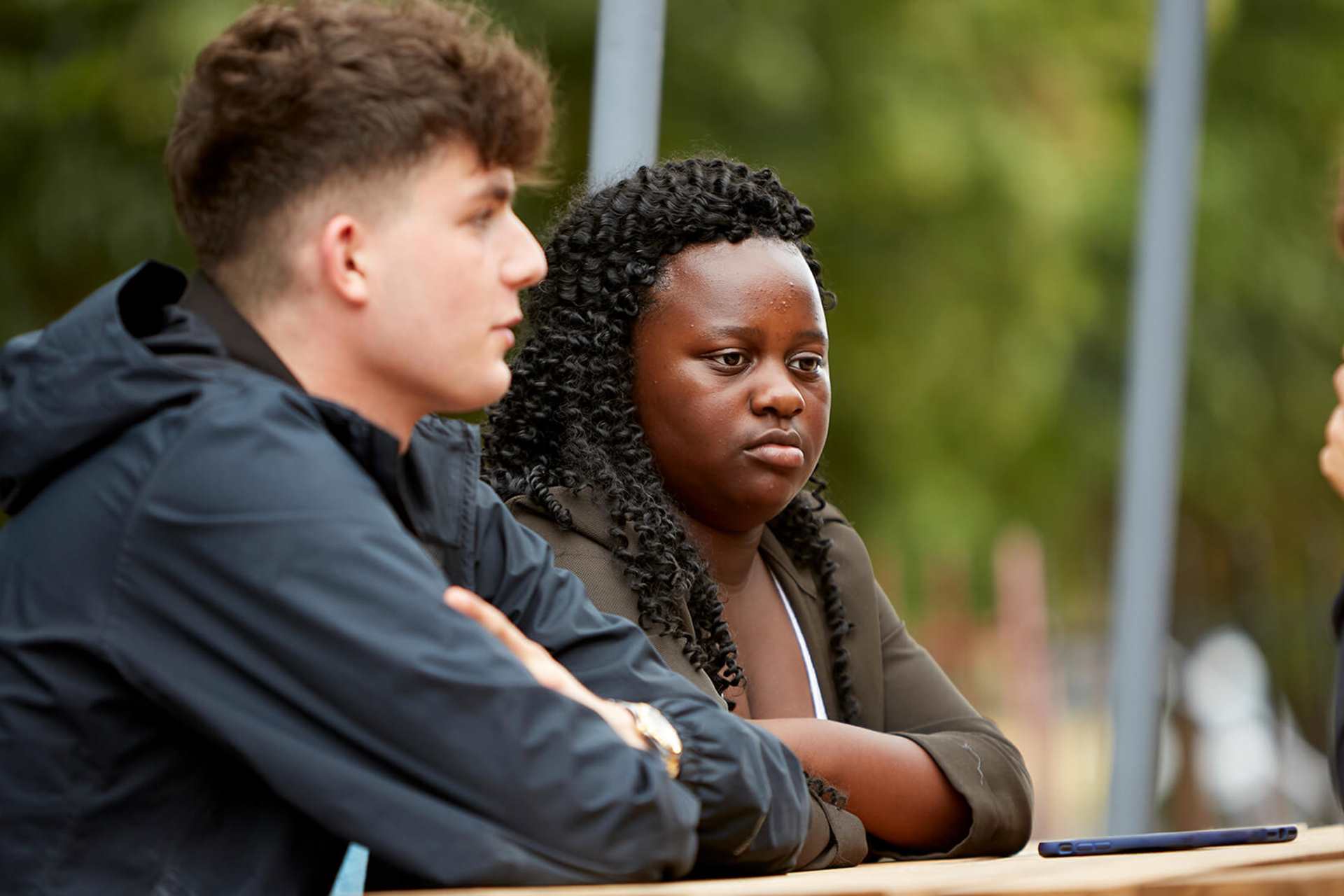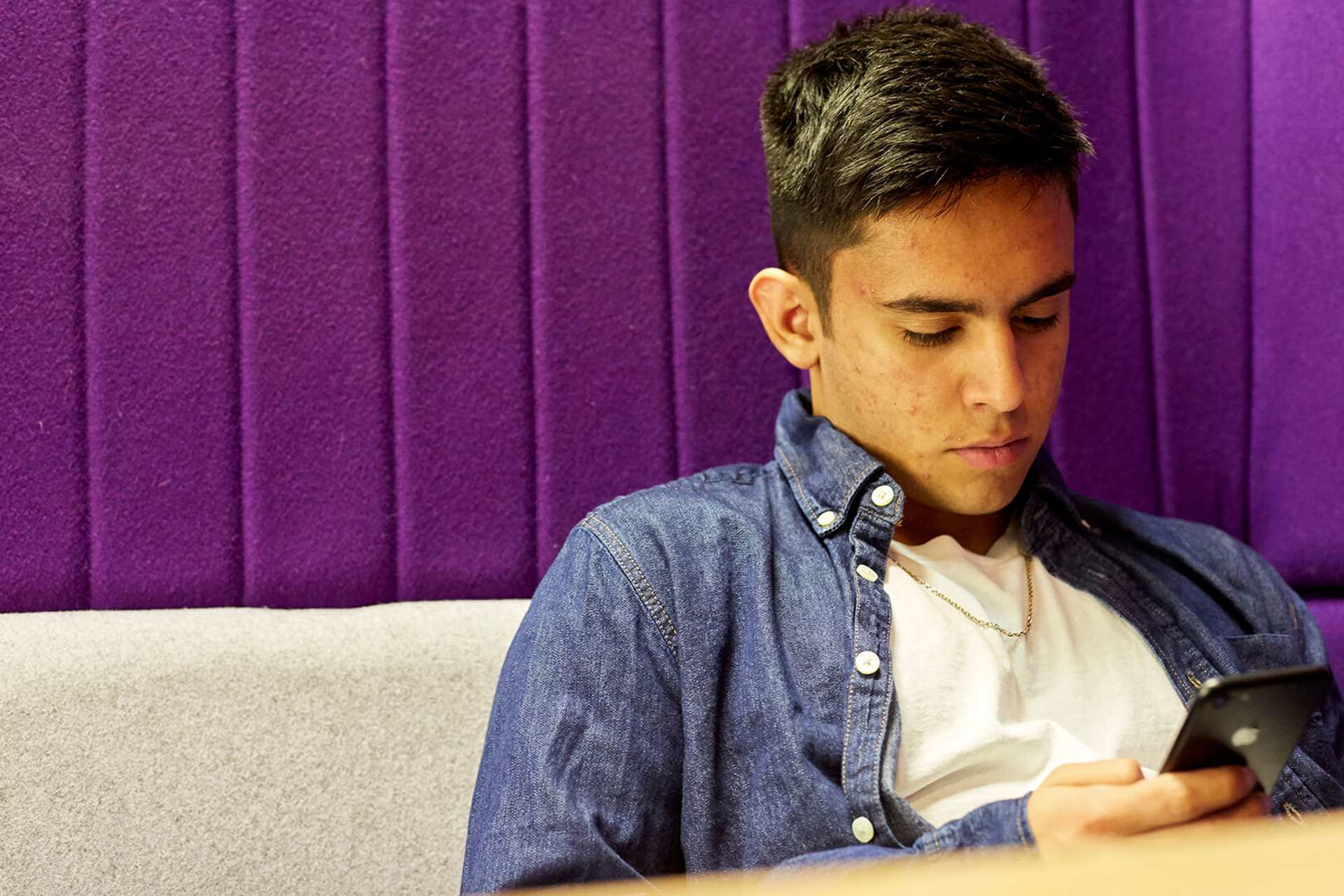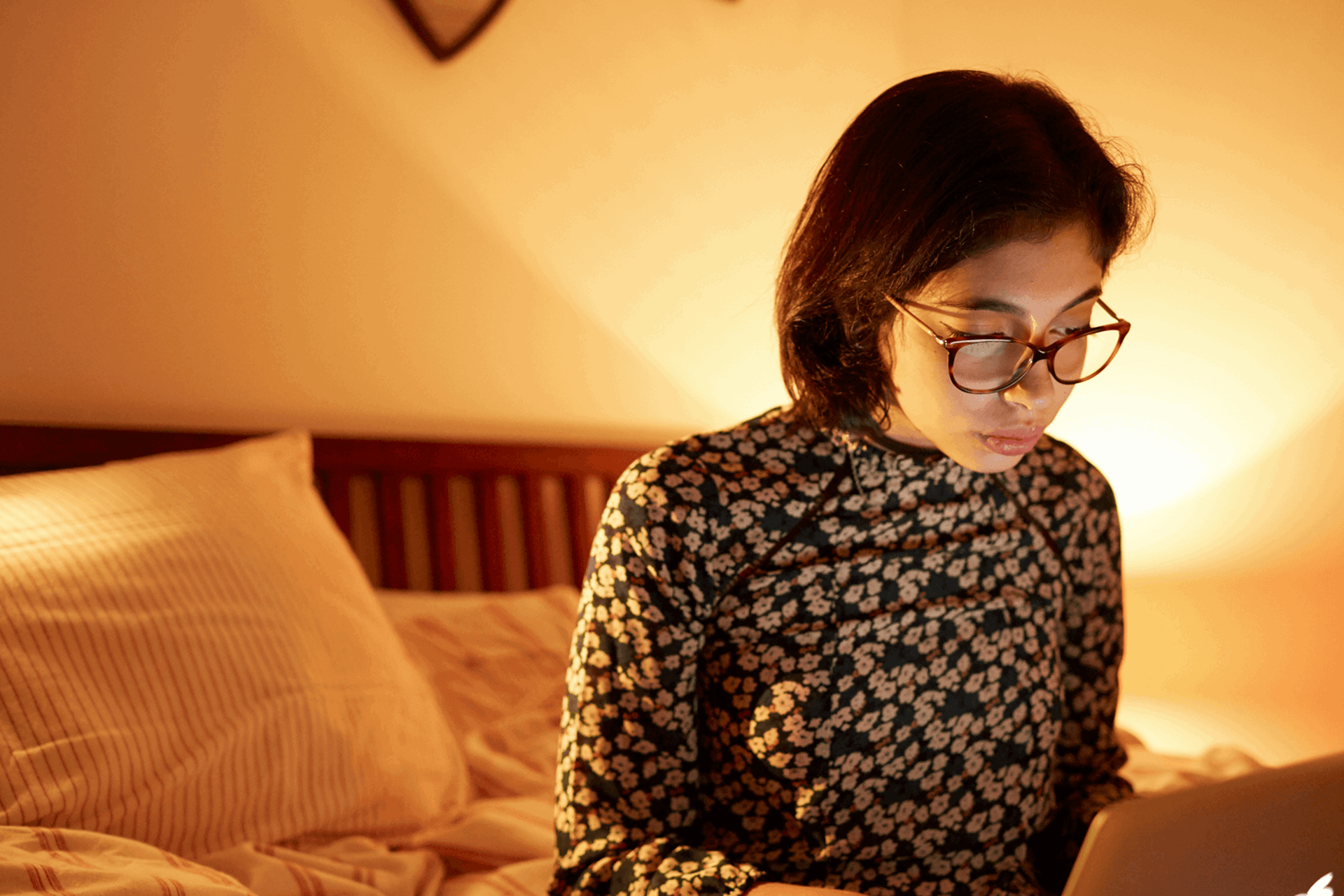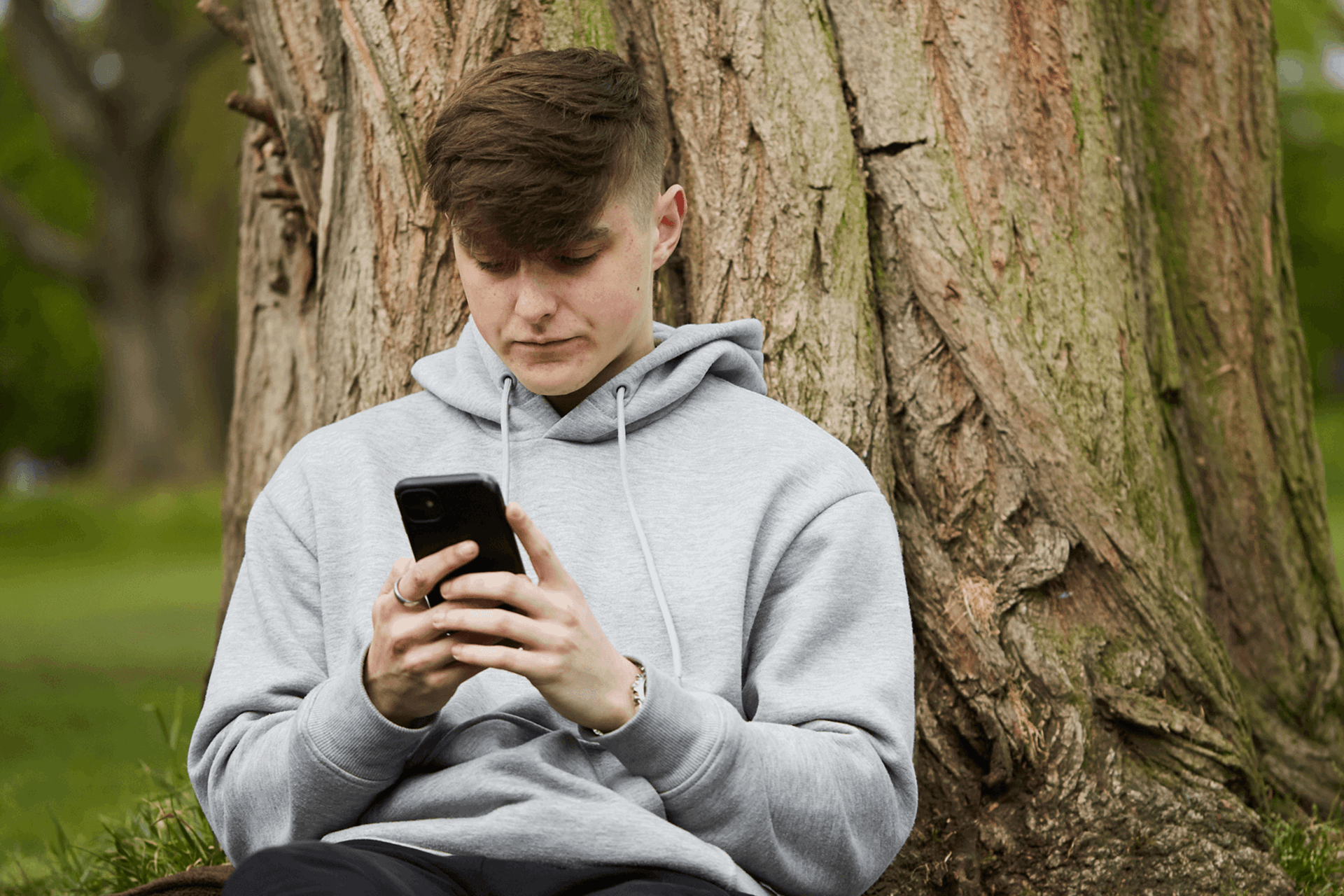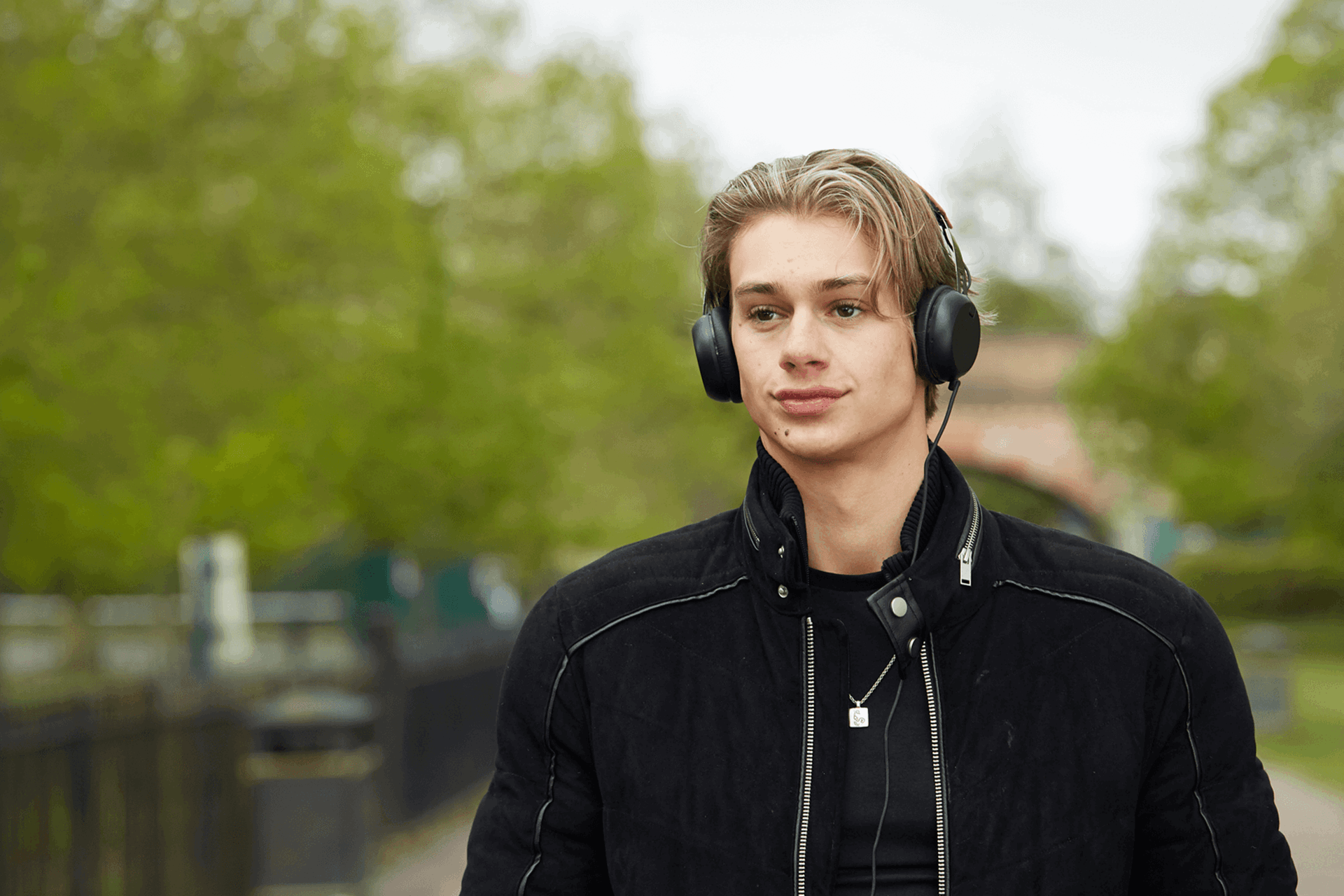Topics mentioned: gaming and mental health, feeling out of control
About: We often hear about the negative aspects of gaming, but can it be a positive thing too? Our guest blogger, Wes, shares how gaming helped his mental health when he was struggling.
Electronic gaming is a new and often misunderstood hobby. The idea that someone can enjoy sitting around twiddling their thumbs for hours seems almost alien to a lot of people. And so, when it becomes an issue, it can be a lot harder to recognise than other mental health issues.
But there is a difference between a healthy relationship with gaming and one that is negatively affecting your mental health. If your “hobby” is causing you stress and anger, or you’re using it as a coping mechanism to forget about the world around you, then it may be worth thinking about.
If your “hobby” is causing you stress and anger or you’re using it as a coping mechanism to forget about the world around you, then it may be worth thinking about.
For me, gaming became a place where I could escape my degree, my life and my mental health conditions when things were tough. This wasn’t obvious at first because I was living at university where habits and problems can very easily go unnoticed - studying hard in your room and playing 12 hours of video games a day look very similar to a housemate or outsider.
Support from an online community
For many people, gaming has a bad image. They may think of a lone person hidden away in their room and decide that this is a hobby that can ultimately only be bad for you. What people don’t realise, however, is that - in my case at least - it isn’t all bad.
I mean yes, there was a point in time when I was playing too much and it was having a negative effect on the rest of my life. However, gaming also allowed me to do all the things we are told to do to deal with depression and anxiety.
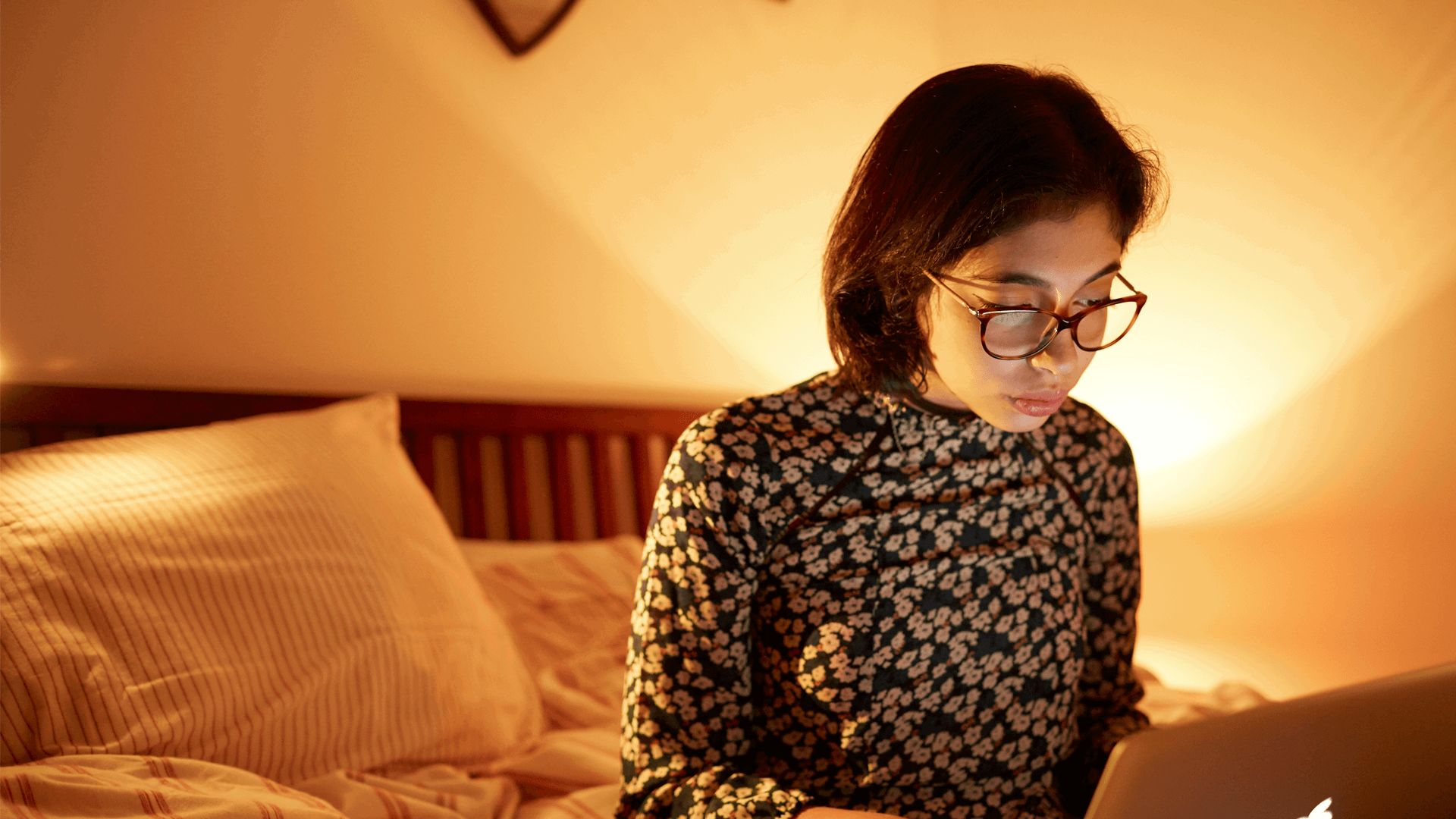
Gaming allowed me to reach out and talk to people from all over the world in similar situations to myself, many of whom were also were experiencing physical and mental health problems; it allowed me to share my experiences and life with them in a real and meaningful way; it allowed me to find a place where I could take my mind off of negative thoughts and emotions; it allowed me to focus on a simple goal - wins in a game called Fortnite - and set about achieving it.
The gaming experience and community became my therapy at the point when I needed it the most.
Gaming allowed me to reach out and talk to people from all over the world in similar situations to myself.
A healthier relationship with gaming
Now I am back to a healthier relationship with gaming. I am an engineering undergrad, a volleyball player and a YoungMinds Activist among other things, but I still find time almost every day for anywhere between ten minutes to a couple of hours to connect with friends, get lost in another world or compete against other gamers.
However, now I don’t allow it to dominate my life as it has done in the past as I am successfully dealing with the problems that previously led to excessive gaming.
If you take anything away from this, I hope it is that any excessive behaviour can be bad for either your physical or mental health, but too often gaming is painted in a negative light when it is a place for friendship and shared passions. Gaming is not just an electric-powered fidget spinner, but a fun day out with friends, an awe-inspiring movie and an adrenaline-inducing competitive sport all rolled into one.
Find help
If you are struggling with your mental health, check out our find help guide for information and advice on ways to get help.
More information and advice
We have tips and advice to help you find the support you need. Take a look at our guides.
Where to get help
However you're feeling, there are people who can help you if you are struggling. Here are some services that can support you.
-
Childline
If you’re under 19 you can confidentially call, chat online or email about any problem big or small.
Sign up for a free Childline locker (real name or email address not needed) to use their free 1-2-1 counsellor chat and email support service.
Can provide a BSL interpreter if you are deaf or hearing-impaired.
Hosts online message boards where you can share your experiences, have fun and get support from other young people in similar situations.
- Opening times:
- 24/7
-
Youth Access
Provides information about local counselling and advice services for young people aged 11-25.
Put in your location and what you need help with into their 'Find help' search, and see what services are available in your area.

